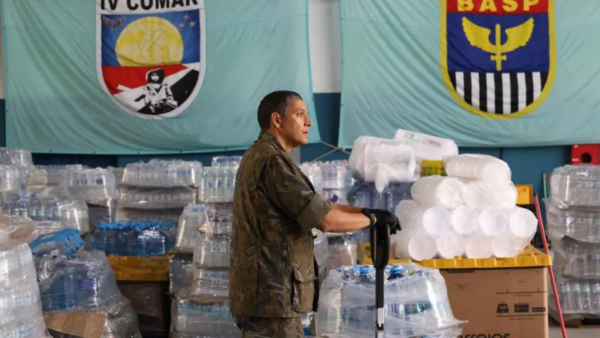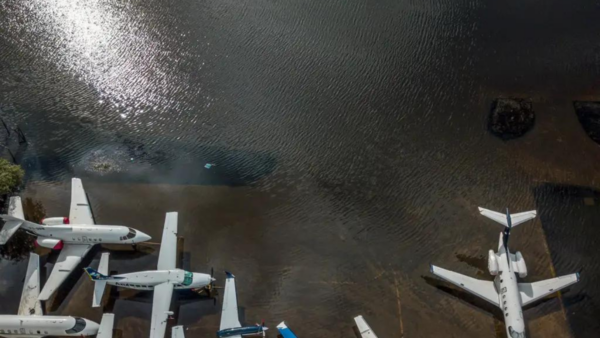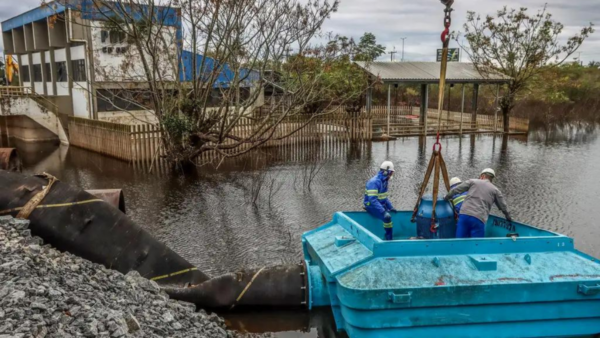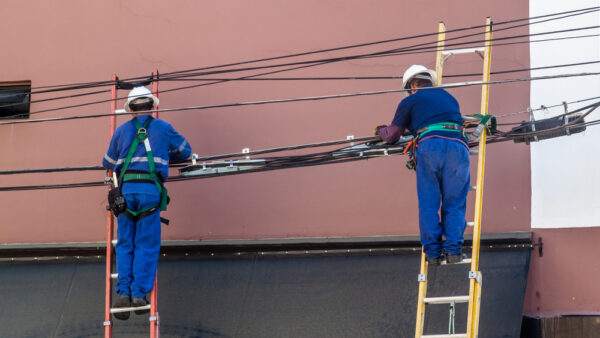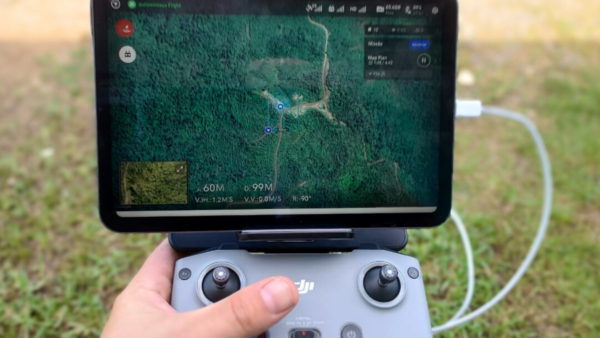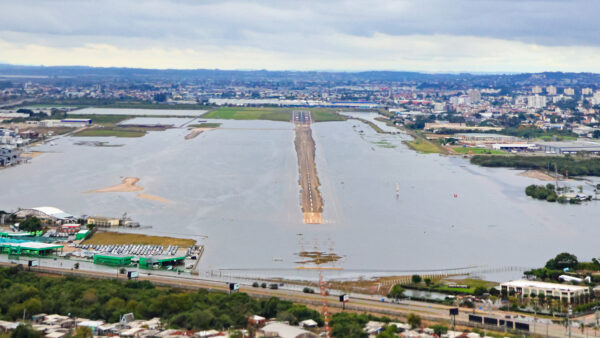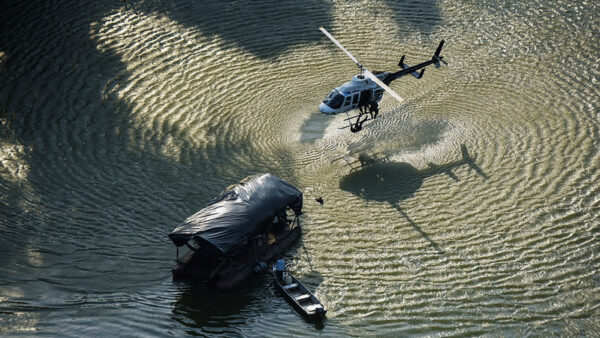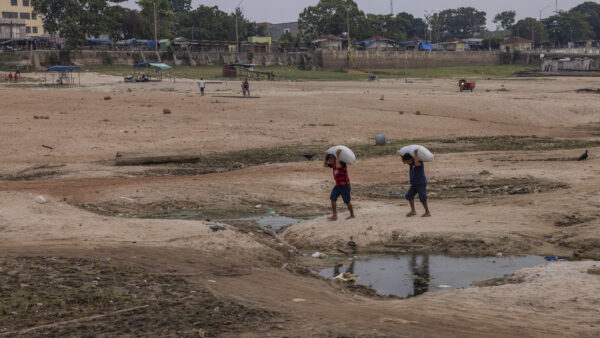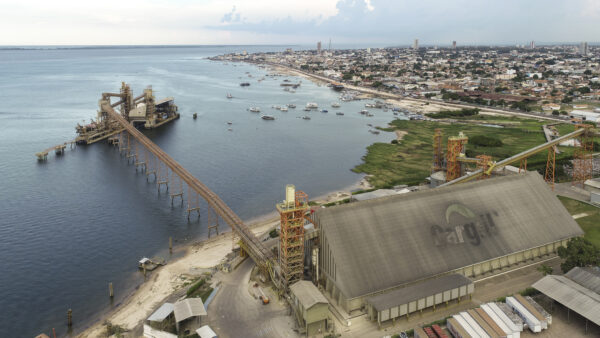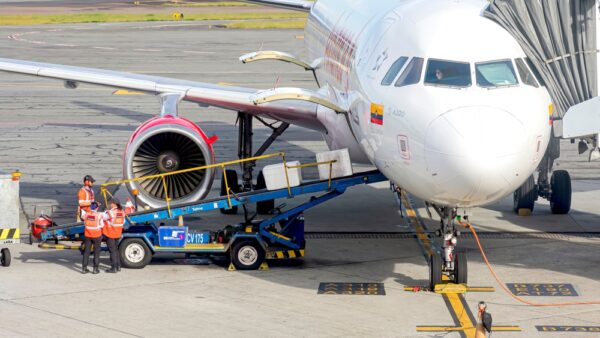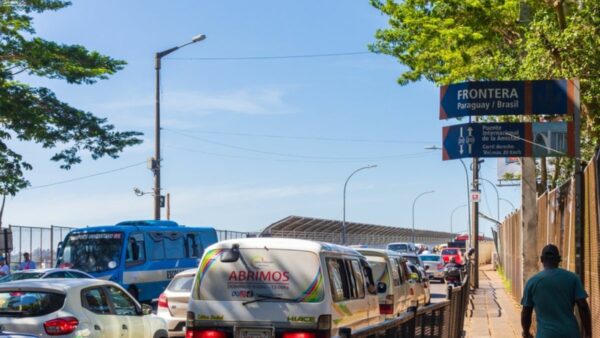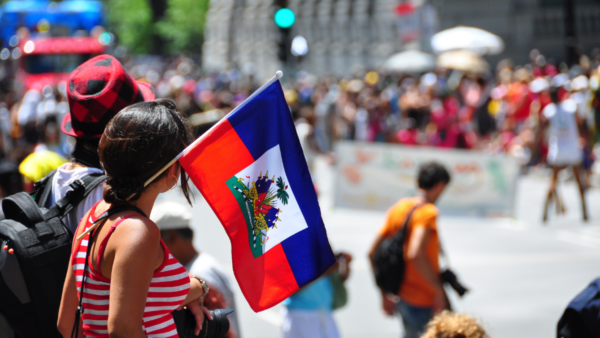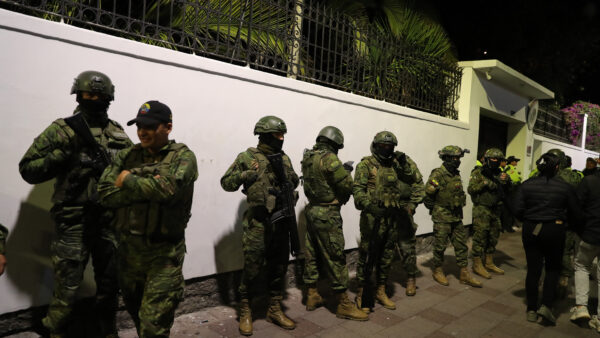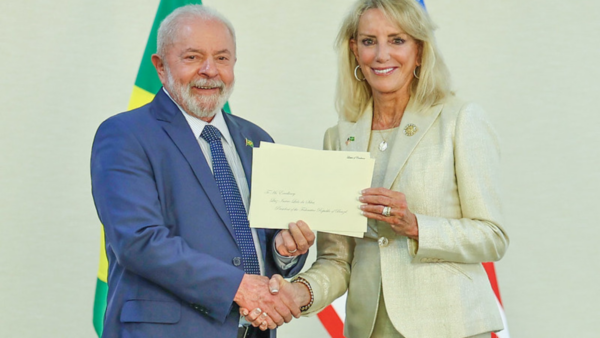Since last year, that is, before the climate tragedy in the South, the Brazilian Insurance Confederation (CNSeg) has been talking to the federal government and some members of Congress about a proposal to introduce a mandatory natural disaster coverage in the country. The idea would require a contribution of up to BRL 3 (just over 50 U.S. cents) from the more than 61 million Brazilians who pay electricity bills.
The entity estimates that this would be enough to create a fund that could pay immediate aid of BRL 15,000 (USD 2,840) to people impacted by climate events, in addition to a compensation of BRL 5,000 for each dead relative. It would be a complementary aid to that of local and federal governments. However, convincing lawmakers to support a proposal that would make the population of one of the countries with the highest tax burden in the world pay another mandatory fee is quite a challenge.
“The proposal has a mutualist basis. The only Brazilians who would not pay would be those already exempt from the electricity bill, who are beneficiaries of welfare programs such as Bolsa Família. […] Faced with a disaster like the one occurring now in the state of Rio Grande do Sul, we need a broad financial base [to which to resort],” Esteves Colnago, director of institutional relations at CNSeg, tells The Brazilian Report. There are around 17 million households currently exempt from electricity bills in Brazil, in which monthly family income does not exceed half the minimum wage per person.
He says that the proposal would be enough to collect nearly BRL 2.2 billion in annual resources, more than twice the usual budget of the federal government for civil defense. If on the one hand, instituting something like this through the electricity bill would be a more agile way of doing it, on the other, it is also controversial, given that 38.6 percent of Brazilians’ electricity...


 Search
Search
